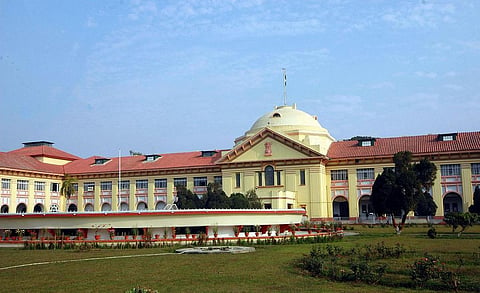
- News
- Columns
- Interviews
- Law Firms
- Apprentice Lawyer
- Legal Jobs
- हिंदी
- ಕನ್ನಡ

The Patna High Court recently asked the Bihar State Government to respond on a petition seeking to secure educational facilities for the visually challenged in the State. (Raj Kumar Ranjan v. The State of Bihar and Ors.)